Palmetto Bluff Real Estate Company Sales Office
Office Hours
Monday-Friday 9am - 5pm
Saturday 9am - 4pm
Sunday 12 - 4pm
Saturday 9am - 4pm
Sunday 12 - 4pm
After what felt like a longer-than-usual winter, the sun was shining at Palmetto Bluff, and I had to get outside. I loaded up and headed for 38 Laurel Oak Bay Road, one of my favorite spots at the Bluff. Among these 40 acres of hardwood bottom, the people are down-to-earth, and the place feels like it’s been there forever. Which makes sense—the heritage of sporting life at Palmetto Bluff runs deep. As I arrived, a youth archery clinic was underway. “That looks like fun,” I thought to myself. I hopped in a golf cart and headed out on the course to find Bart Chandler, Palmetto Bluff Shooting Club manager. Raised on a farm in Arkansas, I sat down with Bart to learn more about him and life at the Shooting Club. Bart first came to South Carolina to attend Clemson University. He later transferred to Southeastern Illinois College, where he graduated with a degree in wildlife and shooting club management. Soon, he made his way back to South Carolina, where his knowledge of the outdoors and his passion for the sporting life combine to encourage even the most apprehensive shooter to start in on the fun.
What goes through your mind on your drive into Palmetto Bluff?
How beautiful the drive is. When the sun rises through the Spanish moss, I just think, “How lucky are we?”
What about on your way home?
I think the opposite and the thought of having to leave it all again until tomorrow. I reflect on the day and the fun of people learning how to shoot and picking up a new hobby.
What is your greatest accomplishment?
I would have to say having a career that I genuinely enjoy. Every day, I get to be in the outdoors, shooting or hunting.
What got you interested in the sporting life?
I was born in Arkansas, where my family was large row crop farmers, so I was outdoors all the time. Everyone in my family was a big outdoorsman on both my mother’s and father’s side. We took huge trips every Thanksgiving and Christmas holiday to a hunting camp that almost everyone in my family was a member of. This is where my passion for hunting and shooting began. There were probably 30+ family members on every trip, so I grew up in the woods and outdoors hunting and shooting.
When did your interest in clay shooting begin?
After high school, I attended Clemson University, majoring in wildlife biology. In the summers, I worked at a marina on the lake and also at Mill Creek Sporting Clays Club in Columbia, South Carolina, where I really got into clay shooting. After achieving my Level 1 NSCA shooting instructor certification, I shot competitively as a hobby and earned “Master Class” level by shooting and placing in all the big shoots across the nation in about two years. Work duties soon took all of my free time, and I stopped competing.
What is your most marked characteristic?
I am very transparent in the way that I don’t know a stranger and I treat everyone the same.
What was the last book your read?
I don’t know. It was in college when I had to read it.
If you could have one super power, what would it be? And how would you use it in your job?
I want to be able to read minds. In an instructional sense, being able to read minds would let me know what someone was thinking so that I could know exactly how to fix it. With colleagues, reading minds would allow me to know how they are feeling and how we can get the job done.
What are you doing when you aren’t at Palmetto Bluff?
I’m still in the outdoors—either fishing, hunting, golfing, or shooting.
What word or phrase do you use the most?
Absolutely.
What makes you laugh?
A good joke about me. If you can’t laugh at yourself, you’ll live unhappy.
Where is your favorite spot at the Bluff?
I’m not sure there’s only one.
What is your favorite animal?
Waterfowl but specifically ducks. Well, it could be dogs. That’s a tough question. Due to the career I chose, dogs were a big part of the daily activities, and I learned how to train dogs early and have been training dogs for over 20 years. I traveled the retriever circuit for five years across the Southeast, entering dogs in competitions. I currently own a black Labrador and co-own five pointing dogs (three English pointers and two German shorthair pointers that I try to hunt with as much as time allows.
What is your number one advice to new shooters?
Do not look at the gun. You have to look at the target or your vision will point you in the wrong direction.
At the end of our chat, we made our way back to the Shooting Club and there they were—the bows and targets sitting in a perfect line. I just had to try it. Bart walked me through the stance, showed me how to pull the bow back properly, and reminded me to look at the target, not the end of the arrow. I was ready to go. “Well, your groupings are a little erratic, but you hit the bull’s-eye three times.” This was fair feedback, and “erratic” was a nice way of putting it. But I left the Shooting Club energized and wanting to learn more. Which I suspect is how everyone feels after an afternoon with Bart.
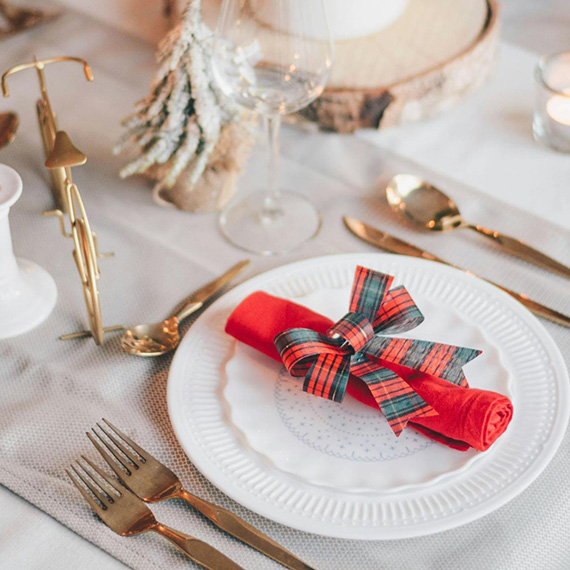
Warm, fragrant, and deeply comforting, Chef Beth’s Southern Sausage & Sage Stuffing is a holiday classic that brings together rich pork sausage, fresh herbs, and toasted bread for the ultimate savory side dish. Studded with green apples and aromatic vegeta...
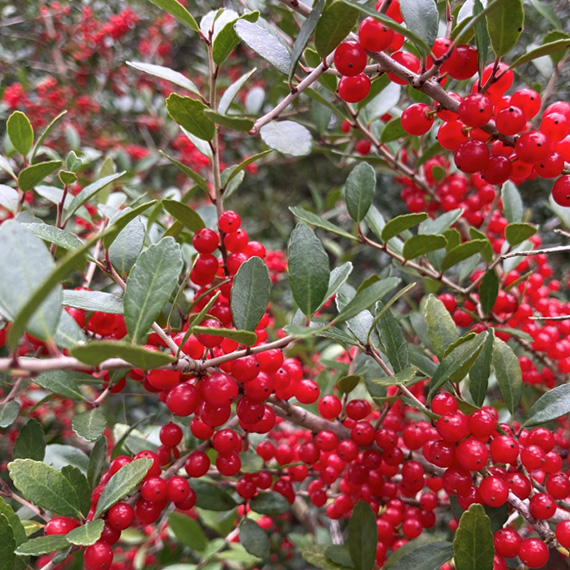
As December settles over Palmetto Bluff, it brings softer light, cooler mornings, and the natural beauty of native evergreens and winter berries that define the Lowcountry landscape. Palmetto Bluff Conservancy’s Education and Outreach Manager, Aaron Palmieri, ...

In 2025, Palmetto Bluff welcomed new neighbors and old friends, groundbreakings, and long-awaited openings. From inspired Club gatherings and elevated programming to the creation of our latest golf course, the year was defined by connection and excitement for ...
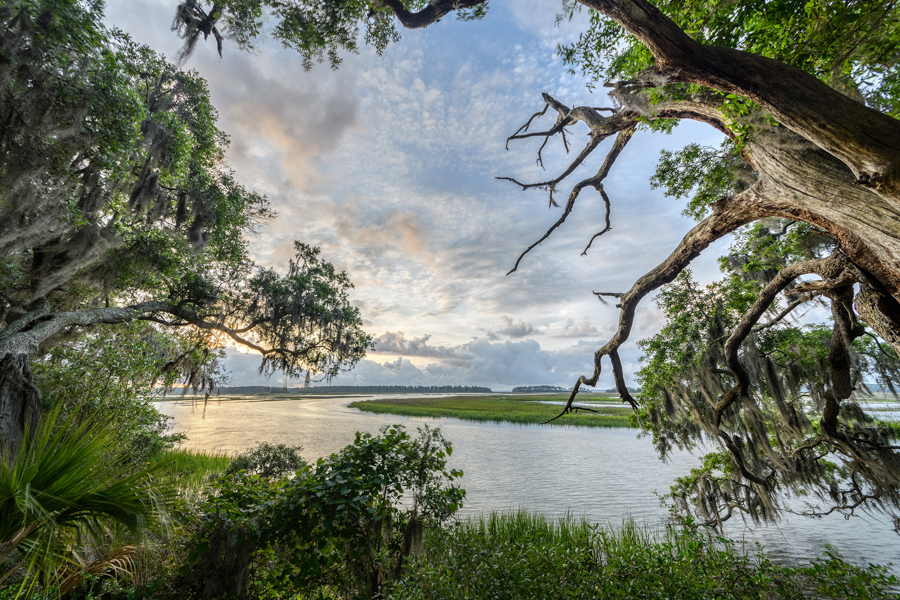
There is something serene about waking up to shimmering water, the stillness of the woods, or the sweep of marsh and sky right outside your window. Even without stepping outside, science shows that simply seeing nature from home can meaningfully improve mental...
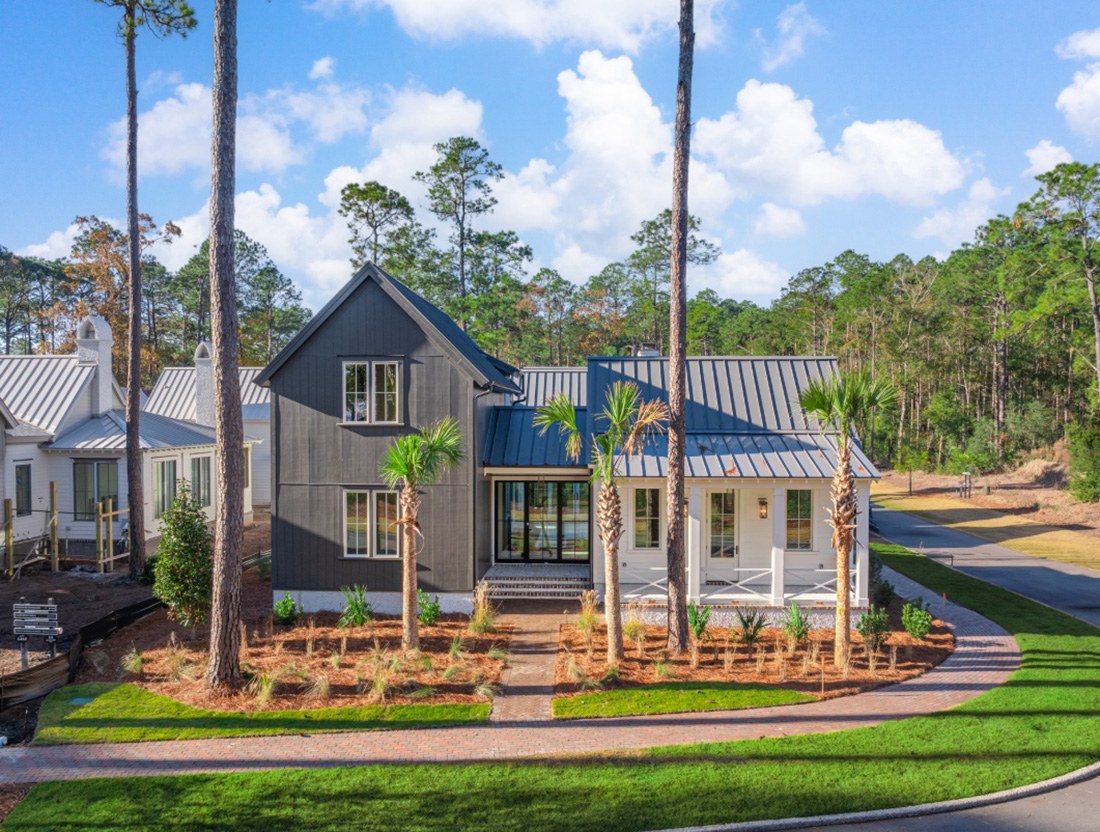
The Ultimate Choice: Building vs Buying a Home in Palmetto Bluff For those searching for Palmetto Bluff homes for sale, this common question often arises: Should you choose an existing residence, or embrace the opportunity to build your own? While a complet...
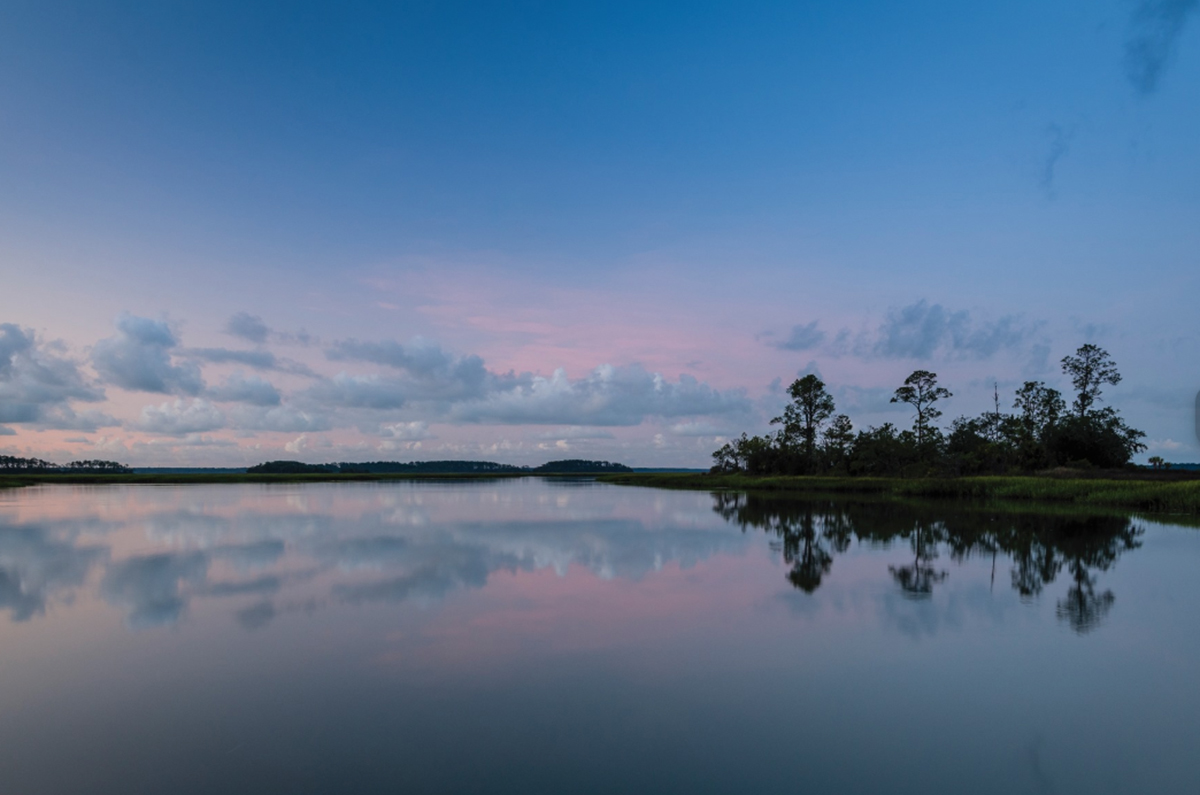
A Complete Guide to South Carolina Winter at Palmetto Bluff South Carolina's winter is unlike any other on the East Coast. While many travelers search for “South Carolina winter” expecting cooler temperatures and limited outdoor options, the Lowcountry revea...

River Road: Where Lowcountry Beauty Meets Elevated Everyday Living Tucked gracefully between Wilson Village and Moreland Village, River Road is one of Palmetto Bluff’s most immersive communities. It's where the pace of life seems to soften, classic Southern ...
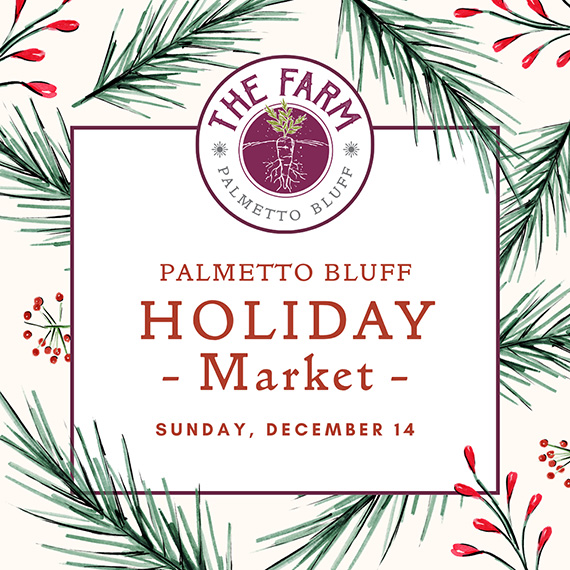
Sunday, December 14 | 9am to 1pmVillage GreenThe season’s most festive farmers market, the Holiday Farmers Market, comes to Wilson Village on Sunday, December 14, from 9am to 1pm. All are welcome to visit and experience the magic of holidays at the Bluff. The ...
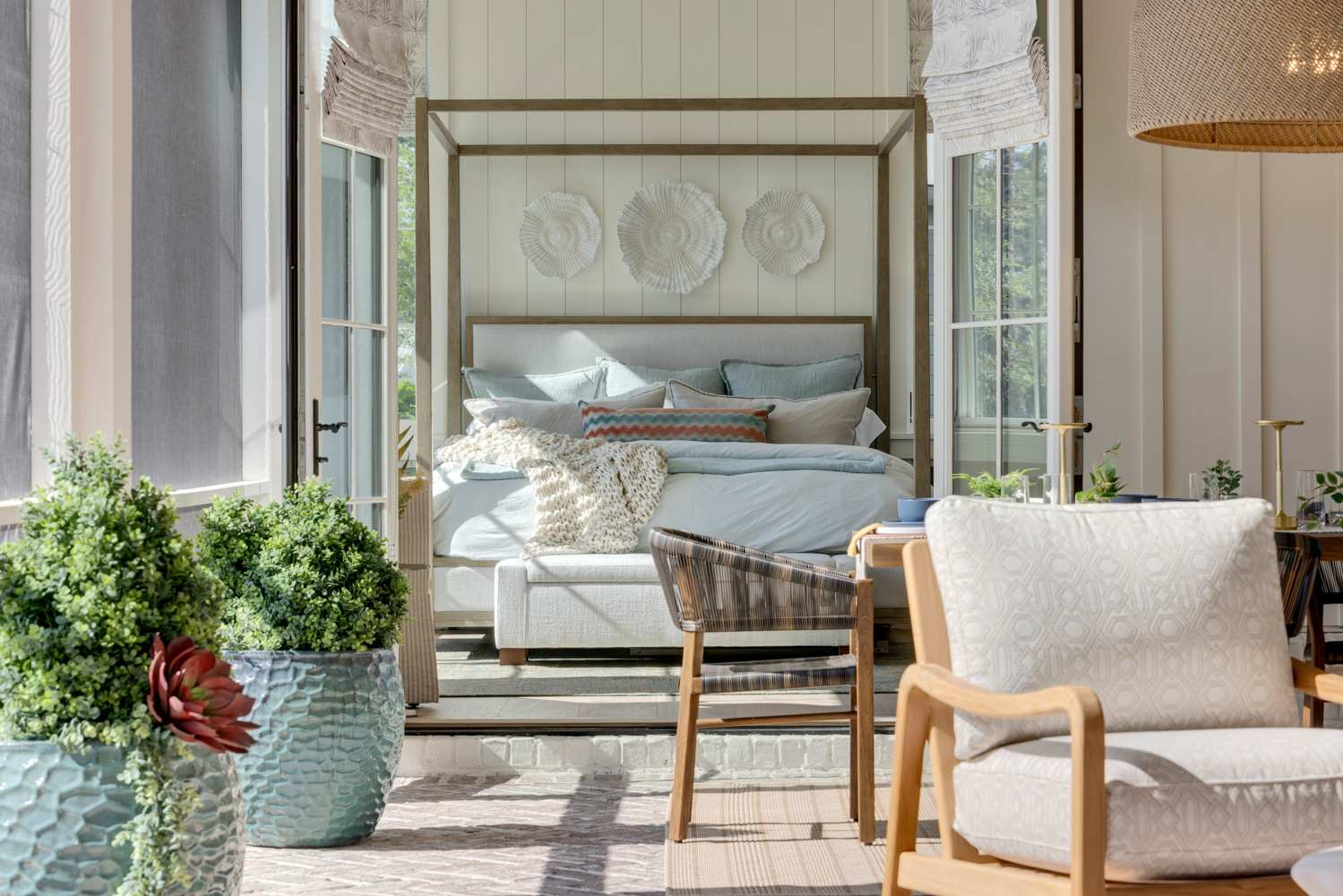
Tucked amid whispering pines and overlooking a tranquil water trail, 11 Lyonia Street is where Lowcountry charm meets modern artistry. The newly built residence redefines Southern living with a balance of craftsmanship and calm. This is a home that feels both ...
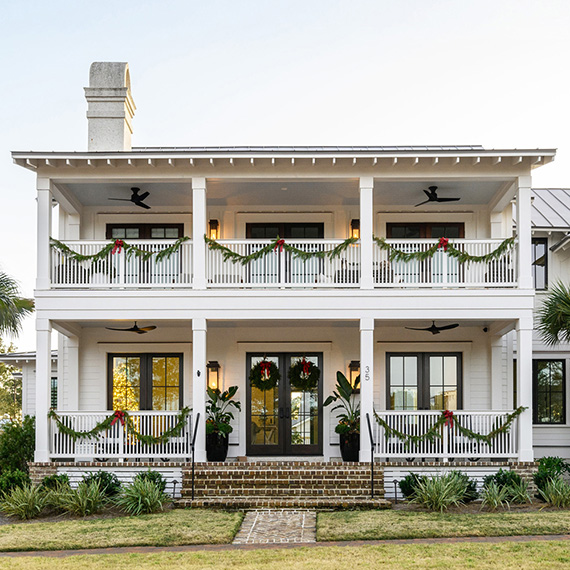
The holiday season in the Lowcountry brings crisp air, oaks draped in twinkling lights, and laughter drifting from homes where families and friends gather once again. At Palmetto Bluff, the holidays are more than just a season; they’re a feeling of togethernes...
We do not attempt to independently verify the currency, completeness, accuracy or authenticity of the data contained herein. All area measurements and calculations are approximate and should be independently verified. Data may be subject to transcription and transmission errors. Accordingly, the data is provided on an “as is” “as available” basis only and may not reflect all real estate activity in the market”. © [2023] REsides, Inc. All rights reserved. Certain information contained herein is derived from information, which is the licensed property of, and copyrighted by, REsides, Inc.